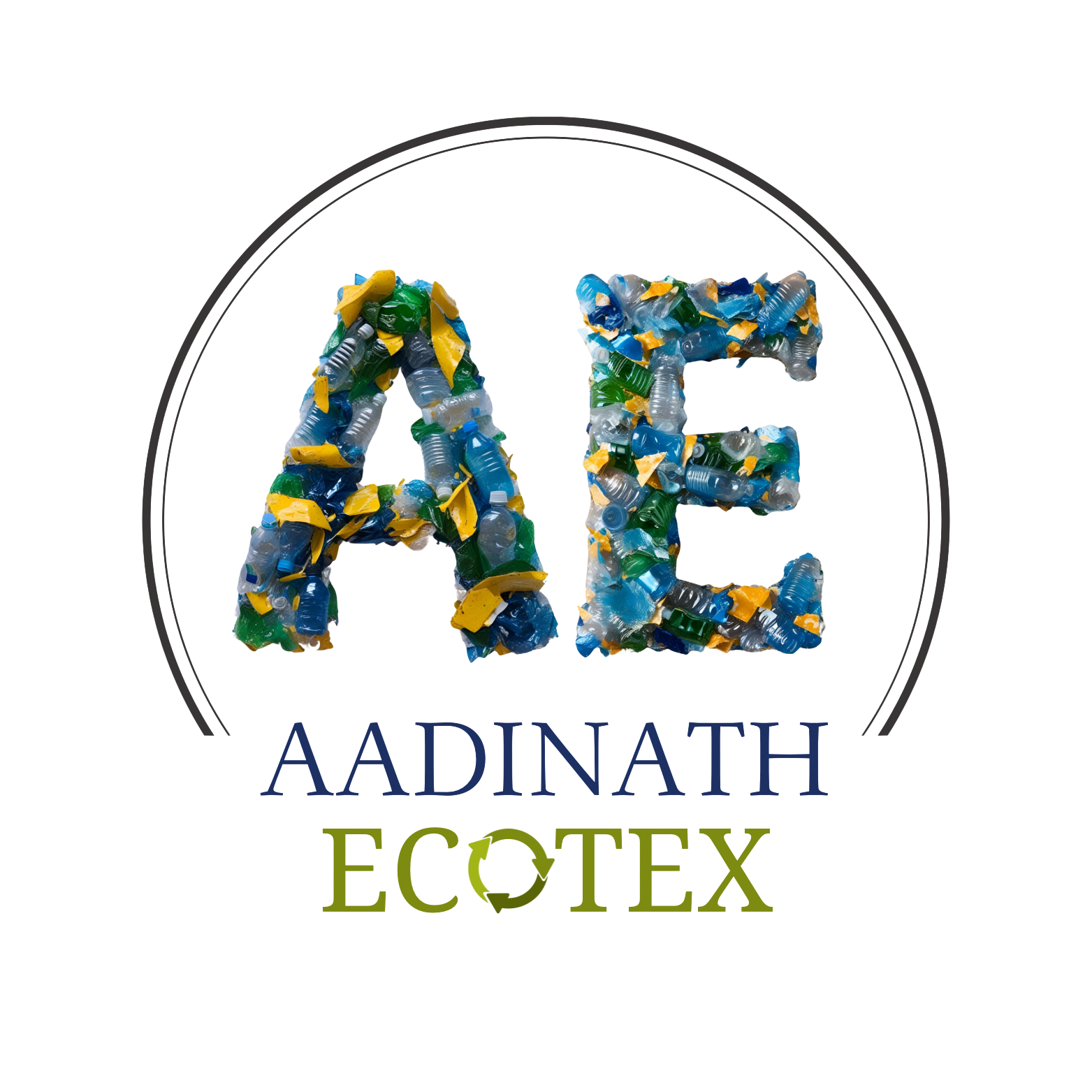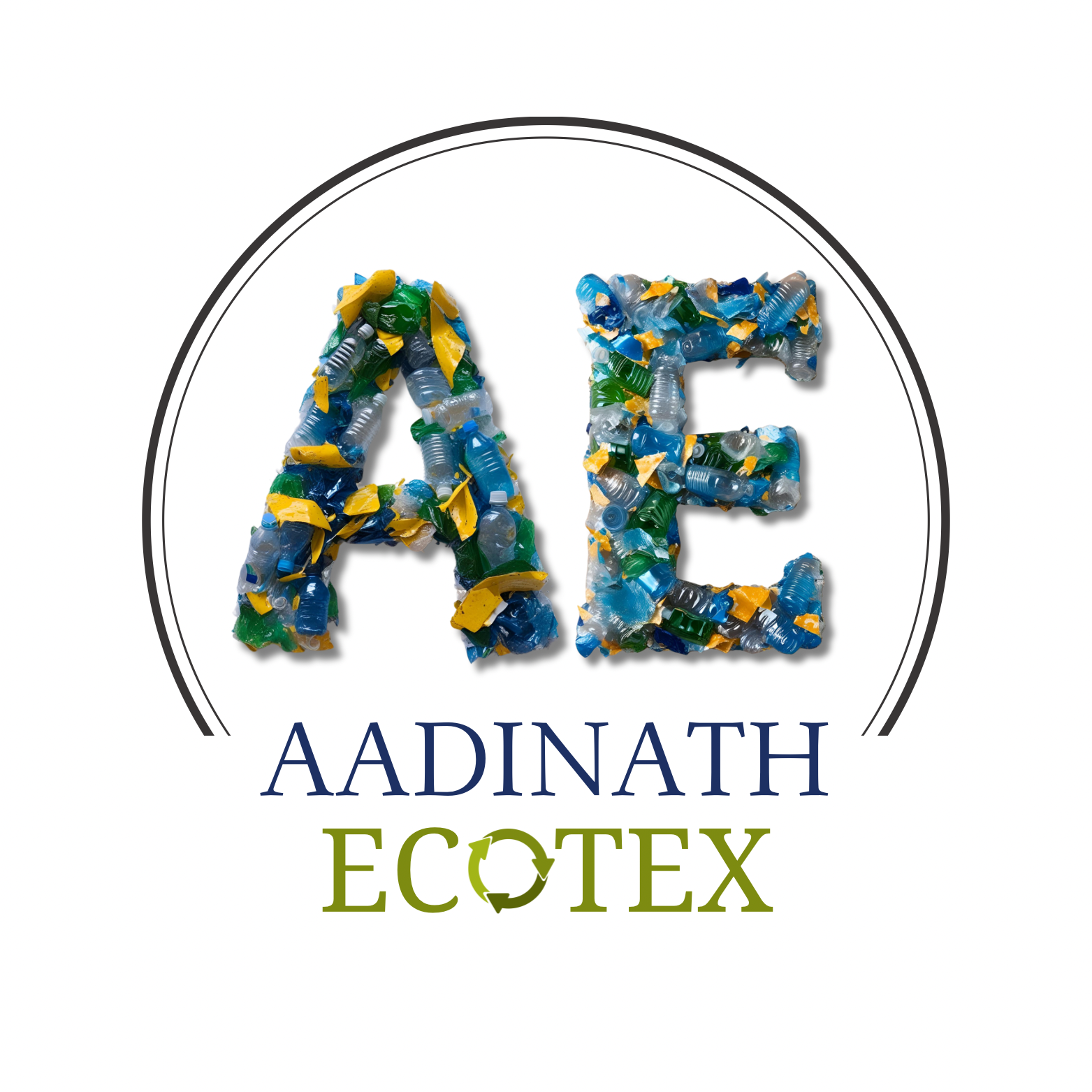Sustainability
Reducing Plastic Waste, One Flake at a Time
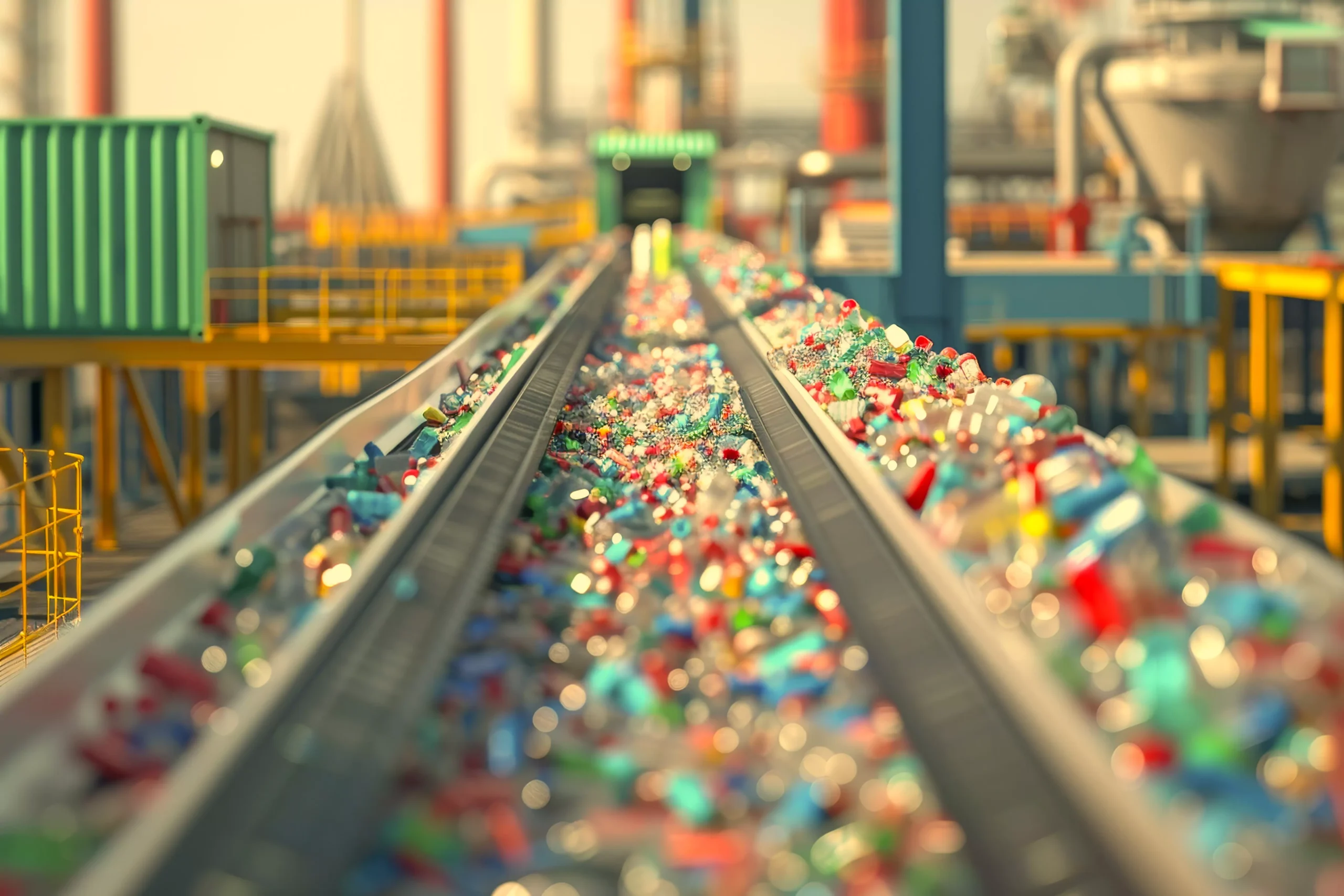
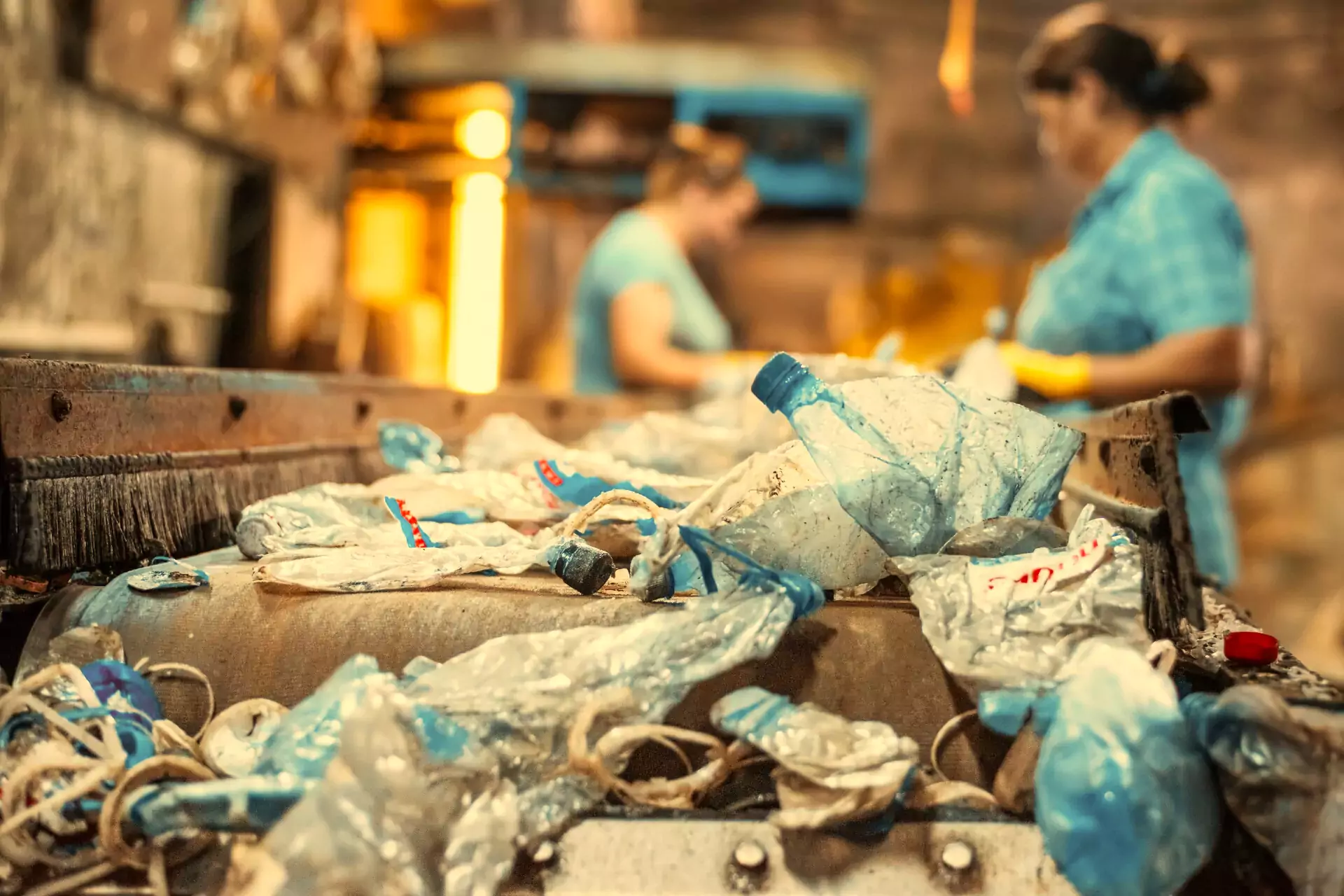
Small Steps, Big Impact
Driving Change, One Step at a Time
“While Aadinath Ecotex is at the beginning of its journey, our dedication to sustainability and responsible manufacturing is already creating meaningful change. Every recycled material we process and every eco-friendly product we deliver brings us one step closer to a cleaner, greener future — and this is only the beginning.”
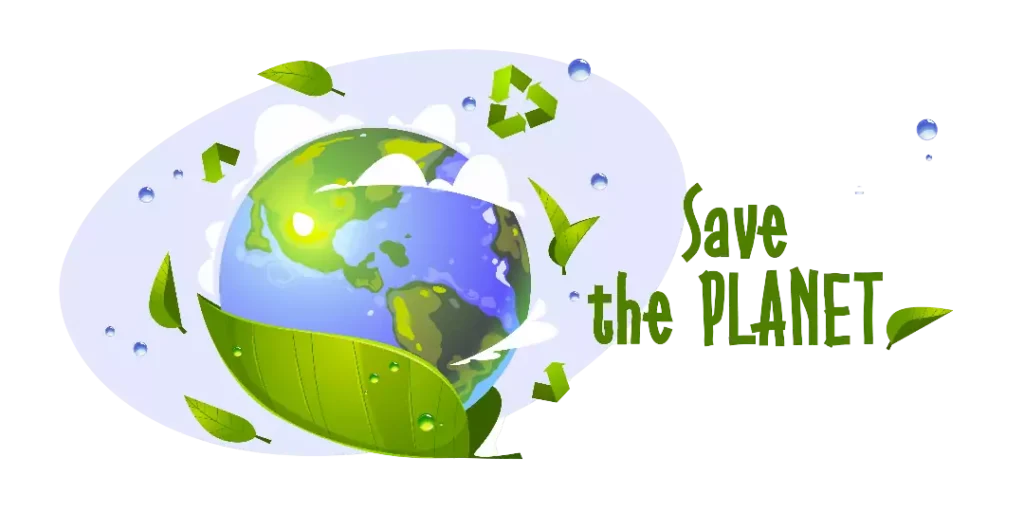
Recycling Plastics Today to Build a Greener and More Sustainable Tomorrow
Virgin PET (vPET), commonly used for making plastic bottles, is derived from crude oil. By recycling PET bottles, we can significantly reduce our reliance on this non-renewable resource. For example, recycling just one metric ton of PET bottles—roughly 36,000 carbonated drink bottles or 72,000 water bottles—can save up to 16 barrels of crude oil. In 2019, India consumed nearly one million tonnes of virgin PET resin for bottle production. If the country achieves a 30% recycled PET (rPET) content in bottles over the next few years, this could translate to an annual reduction of up to 5 million barrels of crude oil imports. This not only helps in conserving fossil fuels but also supports India's transition toward a circular economy. PET recycling is more than waste management—it's a sustainable solution that conserves energy, reduces emissions, and minimizes environmental impact.
Producing virgin PET bottles consumes around 100 megajoules (MJ) of energy per kilogram—83 MJ for resin production and another 20 MJ for bottle manufacturing. In contrast, recycling PET requires just about 19 MJ/kg. This means that using recycled PET (rPET) saves approximately 64 MJ/kg or 77% of the energy compared to virgin PET production. At an annual usage of 200,000 tonnes of rPET, India could save about 3.6 million megawatt-hours (MWh) of power each year. According to the Ministry of Power, generating this much electricity from coal would require roughly 3 million tonnes of G15-grade coal. That’s the equivalent of 800 full train rakes of 58 wagons each. PET recycling, therefore, is not only an eco-friendly choice but a significant opportunity to reduce energy consumption and conserve fossil fuels—directly contributing to energy security and climate goals.
Switching from virgin PET (vPET) to recycled PET (rPET) significantly lowers greenhouse gas emissions. According to a CPCB life cycle assessment study, manufacturing virgin PET bottles emits about 5.8 kg of CO₂ equivalent per kg of PET, while using rPET emits only 2 kg CO₂ eq/kg—a 66% reduction in emissions. If India uses 200,000 tonnes of rPET annually instead of virgin PET, it could cut carbon emissions by approximately 0.8 million tonnes per year. To put this into perspective, that’s equivalent to the CO₂ emissions from 110,000 autorickshaws in Bengaluru over a span of 22 months. Using rPET not only conserves resources but also plays a critical role in climate action, making the shift to recycled plastics an essential step towards a more sustainable future.
We are committed to diverting vast amounts of plastic waste from landfills, oceans, and ecosystems. Through advanced recycling methods, we convert discarded plastics into reusable forms such as rPET flakes, rHDPE, and rPP granules. This proactive waste management approach reduces environmental degradation while contributing to the global effort against plastic pollution
Driving Positive Change Through Responsible Recycling
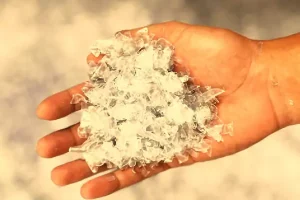
Our rPET flakes are processed from post-consumer PET bottles and are ideal for use in textiles, packaging, and other eco-conscious industrial applications.
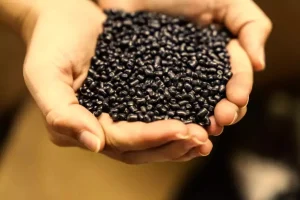
These granules are made from recycled polypropylene waste and offer durability, flexibility, and performance for use in automotive, packaging, and household products.
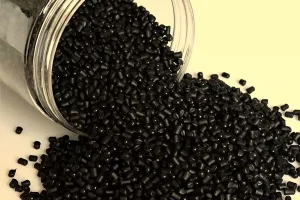
rHDPE granules are derived from high-density polyethylene waste and are used in rigid plastic goods, containers, and chemical-resistant industrial applications.
Submit your inquiry—we’ll respond soon.
Let’s work together for a cleaner, greener future.
Kewat no. 231, Village Garh Sarnai, Panipat- 132103, Haryana
vj26438@gmail.com
Phone : +91 99966 44835
